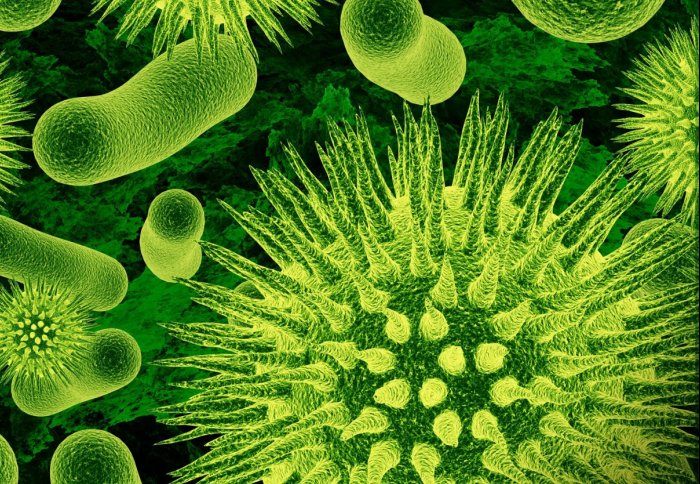Antibiotic Resistance could mean the end of cancer treatments

Bacteria is evolving to become resistant to cancer treatment drugs
A post antiobiotic era could see the end of traditional chemotherapy and radiotherapy treatments for cancer according to Dr Luke Moore.
Dr Luke Moore at Imperial College has highlighted the growing concern of bacteria evolving to become resistant to cancer treatments, such as chemotherapy and radiotherapy. These treatments have a great impact on the immune systems of the patients. According to Dr Moore, ''The consequences of suppressing immune systems is that, inevitably, people get infections. At the moment we can fight those infections with antibiotics, until the immune system is working again, but the cupboard is getting barer. It’s harder to find drugs that will fight those inevitable infections’'.
Discovering new antibiotics is becoming increasingly difficult. “We’ve used all the low-hanging fruit, all the easy avenues,” says Dr Moore. The first antibiotic, penicillin, was grown literally by accident. That will never happen again''. New methods are currently being developed by scientists for growing bacteria which could eventually lead to important findings of new antibiotics.
Article text (excluding photos or graphics) © Imperial College London.
Photos and graphics subject to third party copyright used with permission or © Imperial College London.
Reporter
Rakhee Parmar
Department of Infectious Disease